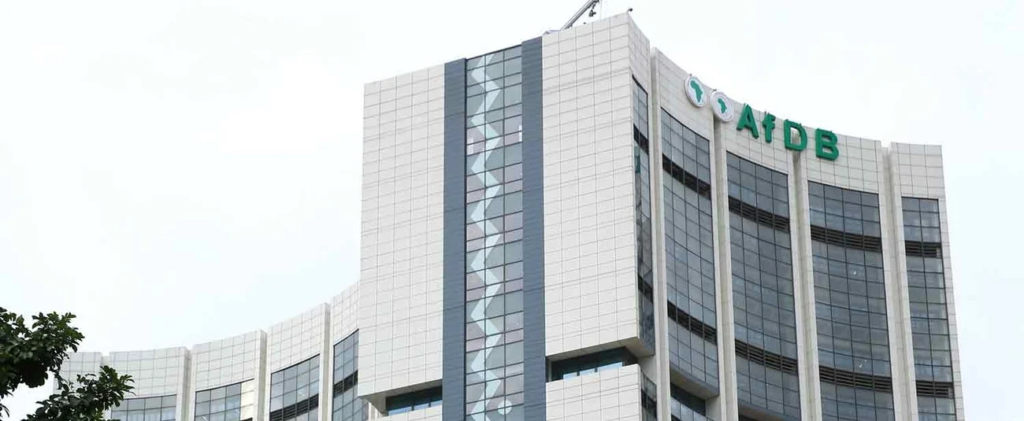 ADB
ADB
• Ministers, leaders chart new path for urbanisation,climate change
• As COP28 mobilises over $57b, NNPC seals LNG deal
The African Development Bank has advocated that African countries should be exempted from a plan by the European Union to impose a carbon tax on some imports.
Under the EU’s Carbon Border Adjustment Mechanism (CBAM), which comes into force from 2026, imports of cement, iron, steel, aluminum and fertilisers would be taxed if they originate from countries with less onerous carbon emissions rules.
According to AfDB President, Dr Akinwumi Adesina on the sidelines of the COP28, the net result of the CBAM would be for Africa to revert to exporting more raw materials, adding “Africa deserves a carve-out and can’t afford to lose $25 billion a year.”
African countries are relying on fossil fuels as they increase energy production to serve growing populations and as they seek to manufacture more in order to export higher value products, although renewable energy investment has increased.
Over 40 Ministers of Environment, Urban Development and Housing have proposed plans to integrate climate action across every level of government, while ensuring that adequate adaptation finance reaches cities.
The Ministerial Meeting on Urbanisation and Climate Change represents the second time officials responsible for housing, urban development and environment were convening during the COP. The first was during COP27 in Sharm El Sheikh, with the support of the United Nations Human Settlements Programme (UN-Habitat).
The parley followed the first-ever ‘Local Climate Action Summit’ to take place at a COP, where the ‘Coalition for High Ambition Multilevel Partnerships (CHAMP)’ – which urged local and regional leaders to play a greater role in the formation of Nationally Determined Contributions (NDCs). It has since been endorsed by over 60 national governments.
The meeting was attended by 1000 attendees and over 200 subnational leaders.
At the programme, the COP28 presidency reiterated its call to national governments to collaborate with subnational governments on the design and implementation of new climate plans and policies, including the next round of NDCs ahead of COP30 in 2025.
Currently, as many as 90 per cent of cities are threatened by rising sea levels and storms, and their residents are exposed to 10 degrees higher temperatures than their counterparts in rural areas.
“COP28 is a paradigm shift to action. We are empowering and supporting cities on the frontlines of climate change to seize the initiative, said COP28 President, Dr. Sultan Al Jaber.
Under-Secretary-General of the United Nations and Executive Director of United Nations Human Settlements Programme (UN-Habitat), Maimunah Mohd Sharif, acknowledged the meeting as being crucial.
Meanwhile, in a powerful demonstration of global solidarity, governments, businesses, investors and philanthropies have announced over $57 billion across the climate agenda at COP28.
Also, the Nigerian National Petroleum Company Limited (NNPCL) has signed a significant floating Liquified Natural Gas (LNG) deal at the ongoing gathering.
Its Chief Corporate Communications Officer, Olufemi Soneye, made the disclosure in a statement yesterday.
The first agreement with Wison Heavy Industry Co. Ltd focused on development of a floating LNG project geared at the international market, while the second involved NNPC Prime LNG Ltd partnering with SDP Services for a Small-Scale LNG (SSLNG) project for the domestic LNG market.
Also yesterday, a coalition of African civil groups unveiled its five absolute priorities to fight climate change, namely adaptation; loss and damage; food systems; land use, as well as protection and restoration of forests.
Executive Secretary of ENDA-Tiers Monde, Secou Sarr, representing a collection of non-governmental organisations (NGOs), made the presentation in Dubai.
The NGOs gathered around a common platform launched at the event – the “African Development Bank Group-Civil Society Coalition on Climate and Energy.”






